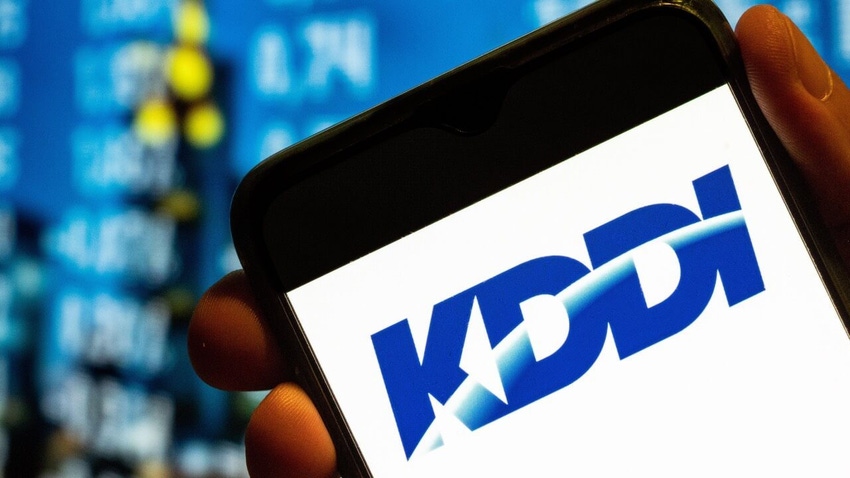KDDI's $3B retail bet in 'new normal' Japan
Japan telco bids to combine with convenience chain to grow its retail channels and build its non-telco business.

Japan's KDDI is making one of the more original telecom industry bets with its tilt at brick-and-mortar retailer Lawson.
The number-two Japanese mobile player, which currently owns 2.1% of Lawson stock, announced in February a bid of around 500 billion Japanese yen (US$3.3 billion) to take the convenience chain private.
Its tender offer, launched on March 28, is expected to close in September, with KDDI and trading giant Mitsubishi each becoming 50% shareholders. The Lawson board has recommended the offer.
KDDI, which has had a data marketing agreement with the retailer since 2019, sees opportunity in combining its digital and online business with Lawson's "real" customers.
The two companies aim to build "a leading domestic real store network," combining Lawson's 14,600 stores and KDDI's 2,200 locations.
KDDI, which already earns a quarter of its revenue from non-telecom services such as financial and energy, says the expanded retail reach can drive demand for its banking and insurance consulting services, and possibly some smartphone support services.
It also believes its digital reach can boost Lawson's ticketing and entertainment sales.
The partnership comes at a time when retail, like telecom, is undergoing fundamental change.
'New normal'
According to KDDI, Lawson is adapting to the "new normal" in work and consumption habits with new services such as in-store kitchens, frozen foods, and deliveries.
One of the biggest challenges the companies face is Japan's rapidly aging society. It is the world's oldest population, as measured by the proportion of people aged 65 or over, with one in ten people over 80 years.
Convenience stores are "an indispensable part of social infrastructures, and ... their importance has been increasing" because of the aging population, KDDI said.
Lawson believes it can benefit from integration with KDDI's digital capabilities and can use its stores as a logistics bases to support online shopping services.
The unique nature of Japan's convenience market, with 57,000 stores nationwide, makes this a strategy unlikely to be repeated by other telcos.
Even Junichi Miyakawa, CEO of local rival SoftBank Corp, says it's not something he would do.
He described KDDI's move as "really aggressive" but said SoftBank was focused on digital transformation for the whole retail sector, not just individual retailers.
"I'm sure there are a lot of business decisions behind on KDDI side, but it's not a direction that Softbank would be heading to," he told a recent earnings briefing.
Lawson, the third-largest convenience store chain behind 7-Eleven and Family Mart, was founded as a dairy store in Ohio in 1939 and began operations in Japan in 1975. It reported earnings of 32.4 billion yen in the first six months of 2023-2024.
Besides its stores in Japan, it also has around 6,000 in China and nearly a thousand in southeast Asia and Hawaii.
Read more about:
AsiaAbout the Author(s)
You May Also Like





.jpg?width=300&auto=webp&quality=80&disable=upscale)






